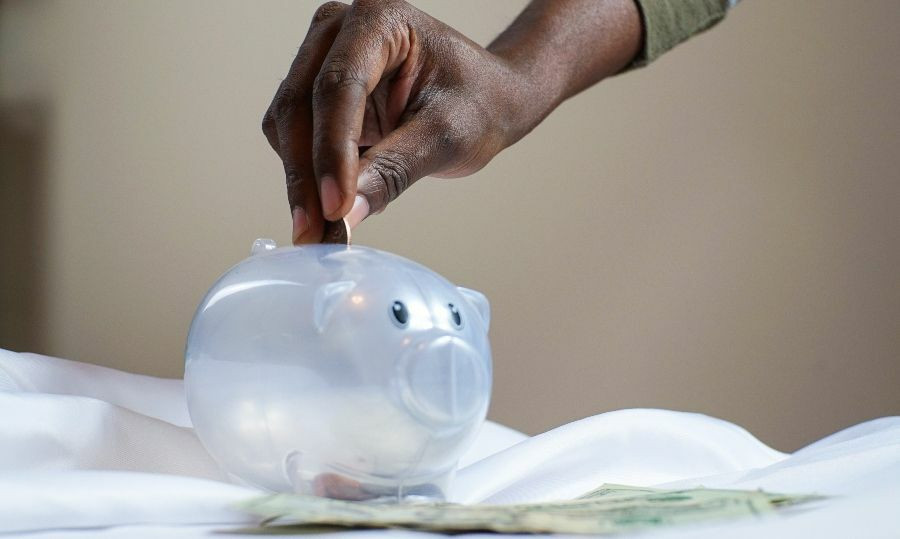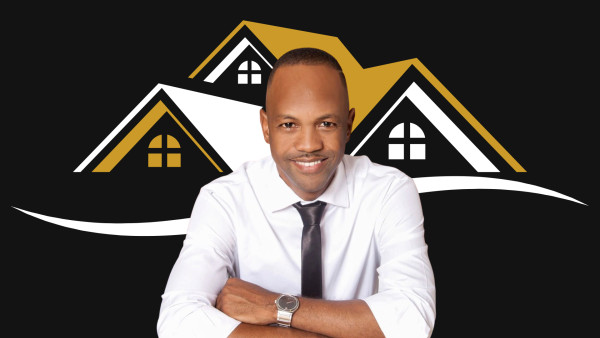To understand the difference between simply reducing your debt and managing it, you must understand the different kinds of debt.
The debt you want to avoid is pretty easy to spot. Carrying a balance on your credit card costs you thousands of dollars in unnecessary interest. You must pay off the entire balance every month if you have a credit card. If you are carrying credit card debt now, it’s vital that you stop adding to the balance and immediately begin making more than the minimum payment every month.
Car loans are no good either. A new car drops in value by about 10% the minute you drive off the lot. For a $30,000 car, that means a $3,000 immediate loss in value. After five years, that car is worth an average of $12,530. But if you make a $10,000 down payment and borrow $20,000 at 19.5% for five years to buy that same car, you’ll pay a total of $39,324.67. That’s more than $14,000 in interest. (Of course, most of us need a car. Instead of buying new, consider a used vehicle that you can pay for in cash.)Black Canadians, debt, credit card debt, household debt, personal finance, financial literacy, getting out of credit card debt, building wealth, saving money, retirement
Those are both examples of the debt you don’t want to acquire.
Notice, though, that we haven’t talked about mortgage loans. I spend much of my time helping people qualify for loans to buy homes and property. While mortgage loans are technically debt, they’re one of the best kinds of debt you can hold. That’s because buying property is a proven investment strategy that is one key to building wealth.
Here’s how it works. When you bought your home, you most likely gave the bank a deposit of 15% to 20%. The bank financed the rest of your purchase price. If you did your homework and bought a home in the right neighbourhood, it’s worth more today than it was when you bought it. That means you leveraged the bank’s money to invest in your future. If you sell the house, you reap the profits on the day of the sale. If you become a landlord, you gain passive income over time.
Do you see the difference between the different kinds of debt? When you pay interest to a bank, you help the bank make money. That’s not good for you. But when you invest your money in something that gains value, such as real estate, you put money to work for you. That’s exactly how rich people turn money into even more money.
While considering where to put your hard-earned money, it’s important to remember that there is no free lunch. Before you invest in anything, do your homework. Find out what neighbourhoods are growing in value. If you’re thinking about flipping a house, make sure you know exactly what repairs are needed and how much they’ll cost. Consult with home experts to be sure anything you do to the home will build its resale value. If your goal is to become a landlord, then talk to others to learn what the renters in your market want.
The best advice I can give you is always to seek out the advice of respected professionals who can help you be smart with your money.

 By
By 








